Oregano Oil from Mediterranean: 10 Tips, Surprising Uses & Why It's a Kitchen Superstar!
The Mediterranean region is known for its rich culinary traditions, sun-drenched landscapes, and some of the world’s most beloved herbs. Among them, oregano stands out—not just for flavor, but for its powerful essential oil counterpart: Mediterranean oregano oil. Whether you’re a chef, herbalist, or foodie, this aromatic powerhouse deserves a spot in your kitchen (and medicine cabinet).
Table of Contents
- What Is Oregano Oil?
- Why Mediterranean Oregano Oil Stands Out
- Top 10 Practical Uses of Oregano Oil
- Pro Tips for Using Oregano Oil Like a Pro
- The Science Behind Its Power
- Comparing Oregano Oils: Mediterranean vs. Others
- How to Store and Preserve Oregano Oil
- Cooking with Oregano Oil: Tricks of the Trade
- Common Myths About Oregano Oil—Busted!
- Final Thoughts
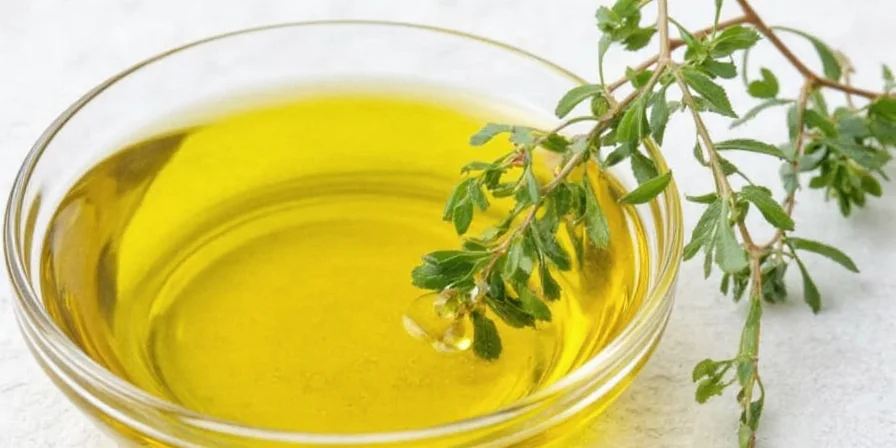
What Is Oregano Oil?
Oregano oil is extracted from the leaves and flowering tops of the oregano plant (Origanum vulgare) through steam distillation. Unlike the dried herb we sprinkle on pizza, this concentrated oil contains compounds like carvacrol and thymol, which give it potent antimicrobial, antioxidant, and anti-inflammatory properties.
Why Mediterranean Oregano Oil Stands Out
While oregano grows in many parts of the world, the Mediterranean variety—especially from Greece, Turkey, and Italy—is revered for its superior quality. The region’s arid climate, mineral-rich soil, and age-old cultivation techniques create an environment where oregano develops a more intense flavor profile and higher concentrations of active compounds.
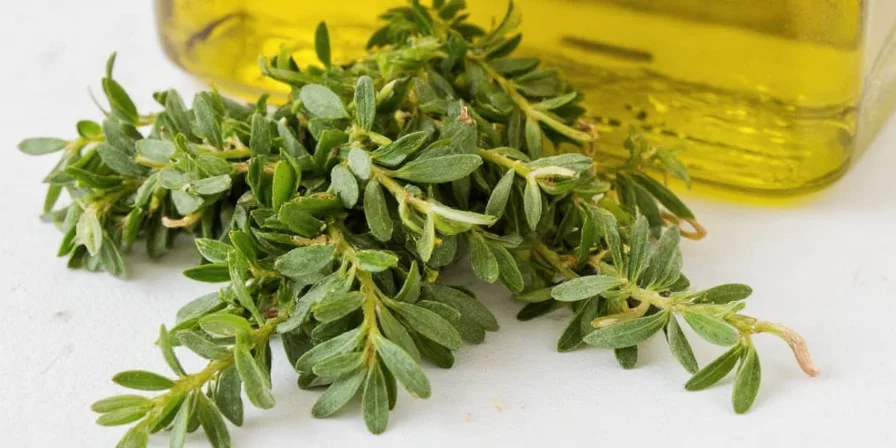
Top 10 Practical Uses of Oregano Oil
- Natural Cleaner: Mix with water and vinegar for an all-purpose disinfectant.
- Kitchen Deodorizer: Neutralize fishy smells by adding a drop to dishwater.
- Homemade Pesto Boost: A single drop enhances pesto without overpowering it.
- Antibacterial Food Spray: Spritz diluted oil on cutting boards for natural sanitization.
- Acne Spot Treatment: Dilute with coconut oil and apply directly to blemishes.
- Bug Repellent: Add a few drops to lotions or diffusers to keep bugs at bay.
- Respiratory Support: Diffuse with eucalyptus for cold relief.
- Meat Rub Enhancer: Blend into marinades for grilled meats.
- Teeth and Gum Health: Used sparingly, it can support oral hygiene (diluted in water).
- Aromatherapy Mood Booster: The warm, earthy scent helps reduce stress and anxiety.
Pro Tips for Using Oregano Oil Like a Pro
- Start Small: A little goes a long way—literally one drop is often enough.
- Dilute Before Applying: Never use undiluted on skin; mix with carrier oils like olive or jojoba oil.
- Store in Dark Bottles: Protects from UV degradation and keeps potency longer.
- Use Glass Containers Only: Plastic can degrade when exposed to essential oils.
- Keep Away from Eyes: Highly irritating if it gets in sensitive areas.
- Don’t Ingest Pure Oil: Always consult a healthcare provider before internal use.
- Test Skin Sensitivity: Do a patch test on your inner arm before full application.
- Cooking? Temper It: High heat can destroy volatile compounds—add near the end of cooking.
- Combine Wisely: Pairs well with garlic, thyme, lemon, and rosemary oils.
- Label Your Blends: Keep track of dilution ratios and recipes.
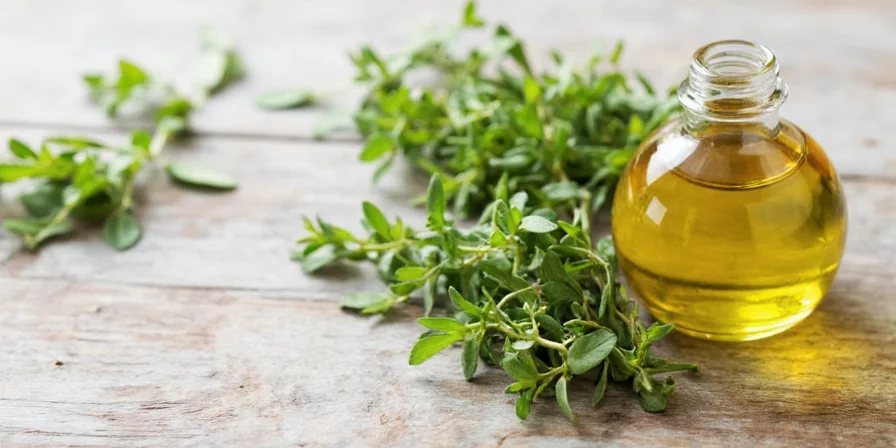
The Science Behind Its Power
Studies have shown that carvacrol, the primary phenolic compound in oregano oil, exhibits strong antibacterial activity against pathogens like E. coli, Salmonella, and Listeria. One study published in the journal Molecules found that oregano oil inhibited microbial growth more effectively than some synthetic preservatives. This makes it not only a healthful choice but also a sustainable alternative in preserving foods naturally.
Comparing Oregano Oils: Mediterranean vs. Others
| Factor | Mediterranean Oregano Oil | Other Regions |
|---|---|---|
| Active Compound (Carvacrol) | High concentration (60–80%) | Varies widely, often lower |
| Aroma | Earthy, spicy, robust | Milder, sometimes grassy |
| Flavor Intensity | Strong and complex | Less pronounced |
| Price Range | Higher due to quality and demand | More affordable but variable quality |
| Sustainability Practices | Often organic and traditional farming | May include synthetic additives |
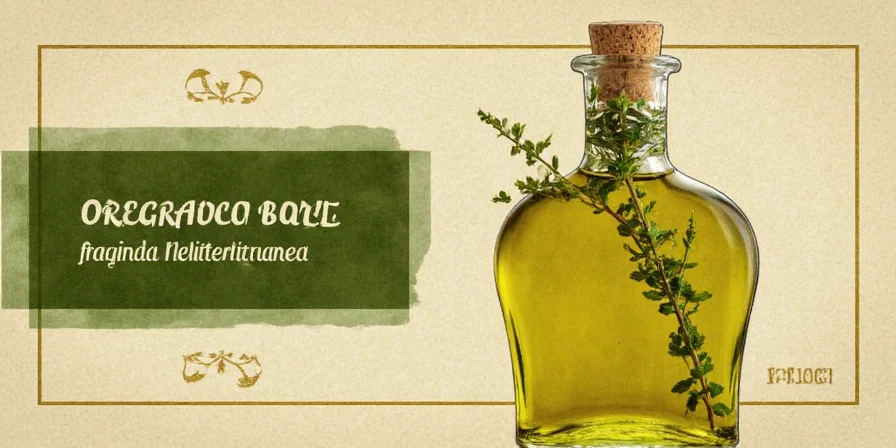
How to Store and Preserve Oregano Oil
- Dark Glass Bottles: Amber or cobalt-colored glass blocks UV light that degrades the oil.
- Cool, Dry Place: Avoid exposure to heat and humidity.
- Tight Seals: Prevent oxidation by keeping the lid closed tightly.
- Shelf Life: Properly stored, oregano oil lasts up to 2 years.
- Avoid Sunlight: Direct sunlight breaks down beneficial compounds quickly.
Cooking with Oregano Oil: Tricks of the Trade
- Add Last: To preserve aroma and flavor, add just before serving.
- Infuse Olive Oil: Mix with olive oil for a flavored base perfect for dips or dressings.
- Pasta Water Magic: Add a drop to boiling pasta water for a subtle herbal kick.
- Pizza Drizzle: After baking, drizzle a tiny bit over your finished pie for gourmet flair.
- Vegetable Boost: Toss roasted veggies with a drop for a savory surprise.
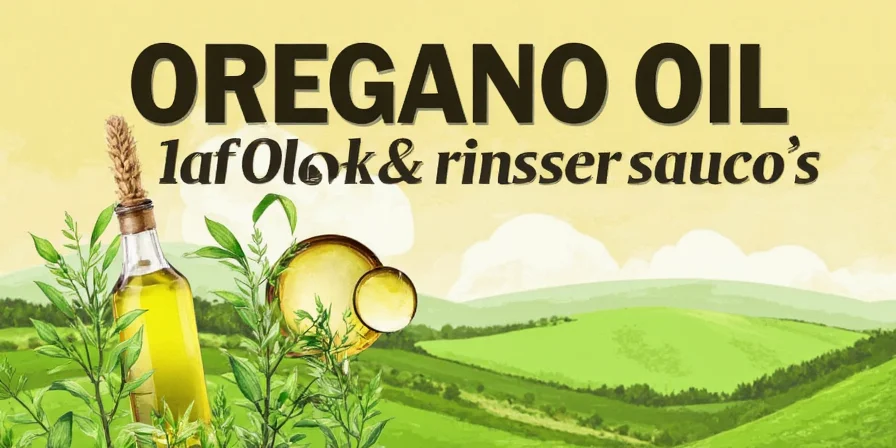
Common Myths About Oregano Oil—Busted!
- Myth #1: Oregano oil can cure anything.
Reality: While it has many benefits, it’s not a miracle cure. Use as part of a balanced approach to wellness. - Myth #2: More is better.
Reality: Overuse can cause irritation or toxicity. Stick to recommended amounts. - Myth #3: All oregano oils are the same.
Reality: Quality varies greatly based on source, extraction method, and purity. - Myth #4: You can eat it straight.
Reality: Never consume pure essential oil without proper dilution and expert guidance. - Myth #5: It's only good for cooking.
Reality: Its applications go far beyond the kitchen—from skincare to cleaning to aromatherapy.
Final Thoughts
Mediterranean oregano oil is more than just a pantry staple—it’s a multi-functional marvel with deep roots in tradition and modern science alike. Whether you're using it to elevate a dish, clean sustainably, or soothe a skin irritation, this golden-hued oil packs a punch. With the right knowledge, tools, and a bit of creativity, you can harness its power safely and deliciously.
So next time you reach for that tiny bottle, remember: you’re not just adding flavor—you’re tapping into centuries of Mediterranean wisdom. Now go impress your guests, your kitchen counters, and maybe even your pores with the power of oregano oil!
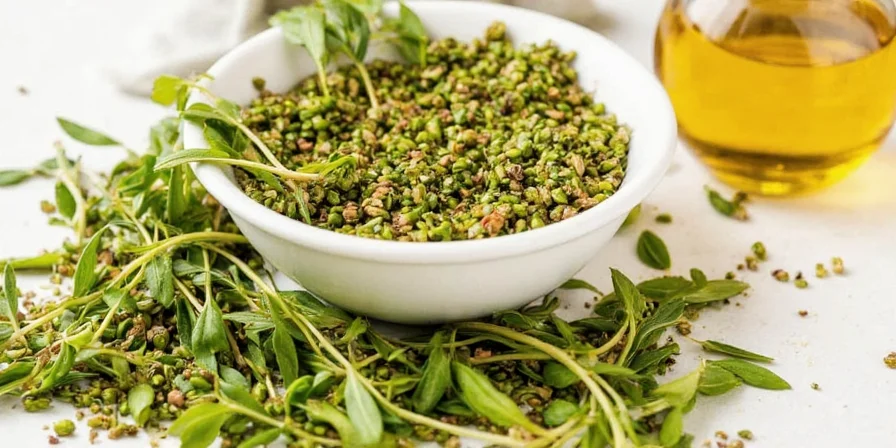

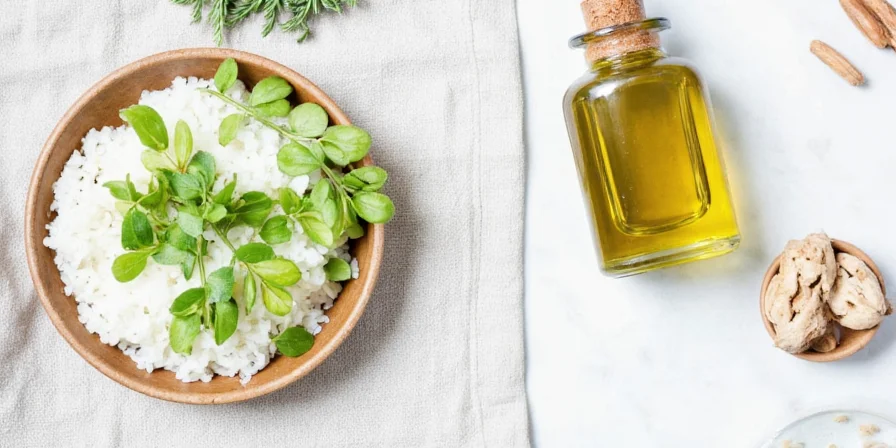









 浙公网安备
33010002000092号
浙公网安备
33010002000092号 浙B2-20120091-4
浙B2-20120091-4